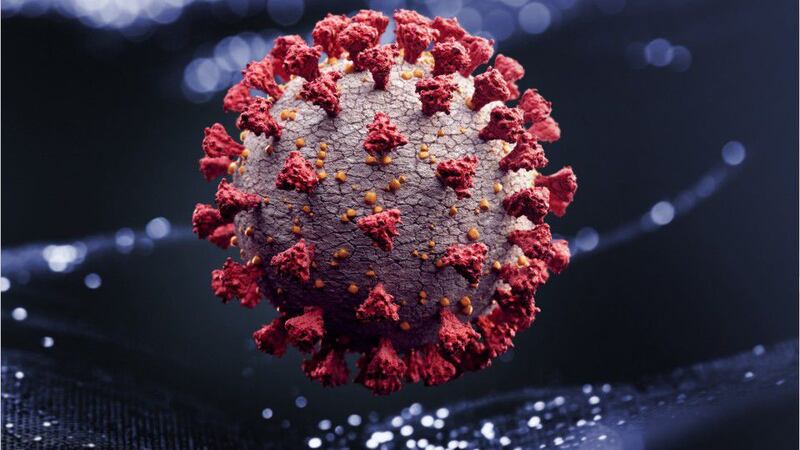Two recently released studies seem to show that those who have been infected with COVID-19 will likely have lifelong immunity from the virus that has killed more than 3.4 million people worldwide.
According to The New York Times, a study published Monday in the journal Nature showed cells that retain a memory of the virus persist in a person’s bone marrow and may produce antibodies whenever the body needs them, even years later.
Antibodies are proteins within the body that can recognize invading viruses and work to neutralize them.
The second study was posted online at BioRxiv, a site for biology research, and it found that certain cells, called memory B cells, continue to mature and strengthen for at least 12 months after a person is first infected with the virus.
Both reports looked at people who had been exposed to the novel coronavirus within the past 12 months.
“People who were infected and get vaccinated really have a terrific response, a terrific set of antibodies, because they continue to evolve their antibodies,” said Dr. Michel Nussenzweig, an immunologist at Rockefeller University in New York who led the study on memory maturation.
Nussenzweig’s team found that neutralizing antibodies, or antibodies that help to prevent reinfection from a virus, were unchanged for between six and 12 months after infection by the COVID-19 virus.
“I expect that they (the antibodies) will last for a long time.”
The results could be similar for those who have not been infected with the virus but have gotten the COVID-19 vaccination.
Protection from COVID-19 vaccines alone will likely not be as strong and could lead to the need for a booster shot at some time in the future, according to Nussenzweig.
“That’s the kind of thing that we will know very, very soon,” he said.
To read the New York Times story on the new research, click here.
©2021 Cox Media Group






